 |
The most important thing that happened today, although not the most talked about, wasn’t the final day of Michael Cohen’s testimony or the first day of Trump’s witnesses on the stand. It happened during a brief exchange at the start of the morning between Judge Merchan and the lawyers.
The lawyers were arguing over whether the defense could present an expert witness on campaign finance law, and if so, what the scope of his testimony would be. Judge Merchan interjected that it was his role to instruct the jury on the law they should use to decide the case.
“Ordinarily, expert testimony is permissible to assist the jury in understanding topics that are beyond the ken of the average juror. For example, DNA evidence, blood splatter evidence, and countless other fields. But, an expert is not permitted to present or interpret the law.”
The campaign finance law issue is important, of course, because it’s one of the crimes prosecutors may argue the false business records were created to further. The Judge made it clear this morning that he will be the one telling the jury what the law is, not an expert hired by Trump. Trump’s proposed expert, by the way, is law professor Brad Smith. Smith, who was a Clinton appointee to the Federal Election Commission (FEC) in 2000, is a Republican with highly controversial views on campaign finance—he is a proponent of deregulating campaign finance, which would leave Super PACs and corporations free to influence the political arena.
Judge Merchan made it clear that he, not Professor Smith, would be instructing the jury on the law. “The proposed jury instructions are just that: proposals. The Court will hear argument, consider the submissions, and then decide whether to accept one version, or the other, or a combination of both, or possibly neither. The Court may craft its own instructions or decide that no instruction is necessary at all. Therefore, I again invite you to submit proposed jury instructions.” Judge Merchan said he’d let the expert testify to very general issues, like what the FEC is, who sits on it, and what laws they enforce. But the expert witness can’t interpret the law.
Jury instructions are a part of the trial that often draws little focus, but they are essential to the outcome of a case. The jury is “the judge of the facts”—where there are disputed issues about what happened, who knew what, when they knew it, and so forth, it is entirely the province of the jury to decide where the truth lies. Once they decide what the facts are, they apply the law to the facts to determine whether the prosecution has met its burden of proof and established the defendant’s guilt. The judge is “the judge of the law”—he tells the jury what the law that they are to apply is, and they are obligated to follow his instructions.
So, Judge Merchan told the lawyers, “I invite both sides to come to the charge conference prepared to argue these issues, and I also invite you to submit written proposals in advance of the charge conference. Any questions about that?”
Lawyers routinely submit their proposed jury instructions for the judge in a case to consider. Sometimes the legal points can be close calls, and the argument can be intense. Judges are aided in their decision by model or pattern jury instructions that most states and the federal courts of appeals put together to reflect the law in their jurisdictions. And smart lawyers, as I’ve mentioned in the past, model their trial strategies, and for prosecutors, their indictments, on those pattern instructions. Developing an approach that tracks what the judge will tell the jury must be proven to convict is obviously an approach designed for success.
Before he left the topic of jury instructions, the Judge tipped his hand on an important issue: what the prosecution has to prove about the additional crime prosecutors say Trump aided or committed in connection with the false business records whose creation he caused. “I think that is -- you must remember, the People are not required to prove these offenses beyond a reasonable doubt; therefore, that reduces the need or the burden to define every term and every phrase.”
We discussed this last night in “The Week Ahead” edition of Civil Discourse, and the Judge confirmed what I wrote. Prosecutors must prove Trump intended to commit or conceal one of the other crimes, campaign finance or tax violation, not that he committed them. I wrote last night:
Just like prosecutors establish the crime of burglary by showing trespassing plus an intent to commit another crime while inside the property, here, prosecutors prove a felony by establishing the creation of false business records plus the intent to commit or conceal another crime. That’s how the Judge will instruct the jury before they deliberate.
We can be certain that Judge Merchan, who has proven himself a very careful jurist who works hard to get the law right without regard to which party benefits from his decision, will be exceedingly careful with the jury instructions. Getting them wrong can result in reversible error if there’s a conviction; in fact, they are one of the most frequent sources of reversible error. That’s one of the reasons most jurisdictions use pattern jury instructions that have been approved by courts of appeals and can be used safely. This case is unusual in some ways, and it’s likely Judge Merchan will have to go beyond what the pattern instructions offer in some respects. The charge conference, when it takes place, will set the bar the prosecution will have to meet in order to convict.
Both sides would be wise to accept the Judge’s invitation to come “prepared.”
If the lawyers, like the rest of us, find themselves overtired, there is good news for all of us. Defendant Rudy Giuliani, indicted in Georgia and Arizona, named in civil cases too numerous to recollect without a flow chart, is bringing us coffee. “Rudy Coffee.” In his announcement, he says you can get your morning boost of caffeine and also support the cause of truth and justice.
It comes in “Rudy Bold,” “Rudy Decaf,” and “Rudy Morning.” It’s too bad for Donald Trump, who is still spending a lot of his time in court with his eyes closed, that it wasn’t available earlier.
There were few final fireworks today as Michael Cohen’s testimony finished on cross-examination and then redirect. Trump lawyer Todd Blanche tried to establish that there was no fraud, because Michael Cohen really did have a retainer agreement with Donald Trump and that his legal services pursuant to that contract were what Trump was paying him for. But the line of questioning turned out to be a swing and a miss, with Cohen handling it easily. Interestingly though, it did show how casually Trump and the people working for him handled situations where money was used to prevent unfavorable stories from coming to light. Cohen was asked about fending off an expose on Tiffany Trump that involved calling David Pecker, the Trump’s friendly local catch-and-kill guy, for instance.
Blanche ended by asking Cohen if it was true that he would lie out of loyalty. Cohen said it was. Then Blanche curiously underscored one of the important moments in Cohen’s testimony that he had worked so hard to undercut, giving Cohen the opportunity to reaffirm his specific recollection that he had conversations with Trump on the phone about Stormy Daniels.
Blanche told the Judge, “I have no further questions.”
In a relatively brief redirect, prosecutor Susan Hoffinger revisited some material that was unfavorable to Trump and bolstered Cohen’s recollection of the October 24, 2016, call Trump placed to bodyguard Keith Schiller, who Cohen said handed the phone to Trump..
Blanche raised the payment to Red Finch on cross-examination. That payment, which was reflected in Allen Weisselberg’s handwritten notes on Exhibit 35, was in the amount of $50,000. Previously, the nature of the work done hadn’t been spelled out.
Blanche had asked Cohen questions about something he had already disclosed on direct examination: that while the full Trump debt to Red Finch was $50,000, Cohen had only paid them $20,000 at that time. Blanche had asked Cohen if he stole from the Trump Organization and Cohen agreed he had, saying he was angry that his annual bonus of $150,000 had been reduced to $50,000 the year Trump went to the White House.
None of that was new to the jury, but it opened the door for prosecutor Susan Hoffinger to ask the Judge for permission to go into the details of what Red Finch did for Trump: “So, your Honor has made it clear many times that your rules and Motions in Limine are subject to the door being opened. And I think that Mr. Blanche opened the door wide enough to drive a truck through it on this Red Finch thing.” The Judge agreed.
That led to some interesting testimony. It turns out Red Finch is a technology company Cohen went to because Trump was unhappy that he was coming in near the bottom in a CNBC poll of the most famous businessmen in the last century. Trump, Cohen said, was “upset” by that result, so they hired Red Finch to use fake internet addresses to change the results of the poll so they would be more favorable for Trump. He ended up at number nine. But after all of that work and expense, Cohen testified Trump decided he didn’t want to pay Red Finch, which was what led Cohen to pay them $20,000, an amount he testified would keep them happy for a time. Why didn’t Trump want to pay? “Because CNBC ended up not continuing and moving forward with this poll, and so he didn't feel that he had gotten the benefit of what the services were supposed to ultimately provide.” It wasn’t a stellar moment for the defense.
Then there was the photo. On cross, Blanche attacked Cohen’s recollection of the October 24, 2016, call, using text messages to suggest it was about harassing phone calls Cohen was receiving, not a conversation between Cohen and Trump about the payment to Stormy Daniels. But prosecutor Hoffinger brought receipts. She had a photo from CSPAN showing Trump with Schiller minutes before the call, at 7:57 p.m., buttressing Cohen’s account that when he called Schiller at 8:02 p.m., Schiller passed his phone to Trump so the two could talk.
Trump’s team fought the introduction of the photograph into evidence tooth and nail. But when it became apparent prosecutors were making arrangements for a CSPAN witness to fly in to authenticate the photo Tuesday morning, they agreed it could come into evidence. The photo doesn’t document the conversation, but it goes a long way to supporting Cohen’s ability to talk with Trump on the call. Trump was exactly where Cohen testified he was. Easy enough to tell Schiller he’d text him the 14-year-old’s number and then have him pass the phone to Trump so Cohen could tell him the deal with Stormy was on. These aren’t topics that require long drawn out exchanges. Trump doesn’t come off as the guy who wants to catch up on how Cohen’s family is doing with every call.
The call lasted 1 minute and 26 seconds. It may not sound like a lot of time, but it is. Set a timer on your phone and see how much conversation you can fit into it. More than enough to ask Schiller to handle the 14-year-old placing harassing calls and bring the boss up to speed on paying off Stormy. The redirect examination was highly effective.
The prosecution rested at that point. The defense called two witnesses today, first a paralegal to testify to records, and then lawyer Bob Costello in an effort to rebut Cohen’s testimony. We didn’t hear from Trump today and although it’s always possible, it’s increasingly unlikely.
Costello, who will continue on the stand tomorrow, didn’t offer convincing testimony against Cohen. But, it was reported he visibly and audibly reacted to rulings from the Judge that he didn’t like. Hugo Lowell tweeted, “Robert COSTELLO is getting reprimanded by Judge Merchan -- for several recent objections he's sustained, Costello's muttered under his breath "ridiculous", "jeez" and just now, let out a long sigh.” We’ll see if he has more to offer tomorrow.
Last up today was a motion to dismiss by the defense, now that the government has finished its case. This is an obligatory motion; it’s essentially malpractice for a defense lawyer not to make it in order to preserve any potential error. Judge Merchan declined to rule on it in court today, saying he would reserve his decision. But he pointed out that Trump’s team was asking him to take decisions about the facts out of the jury’s hands, in essence ruling that Cohen was so unreliable that the Judge should make the decision for them. “You said his lies are ‘irrefutable;’” the Judge responded, “you think he's going to fool 12 New Yorkers into believing this lie?”
Closing arguments will take place Tuesday morning, and the jury will be instructed on the law. Then, all that’s left is for the jury to deliberate.
We’re in this together,
Joyce
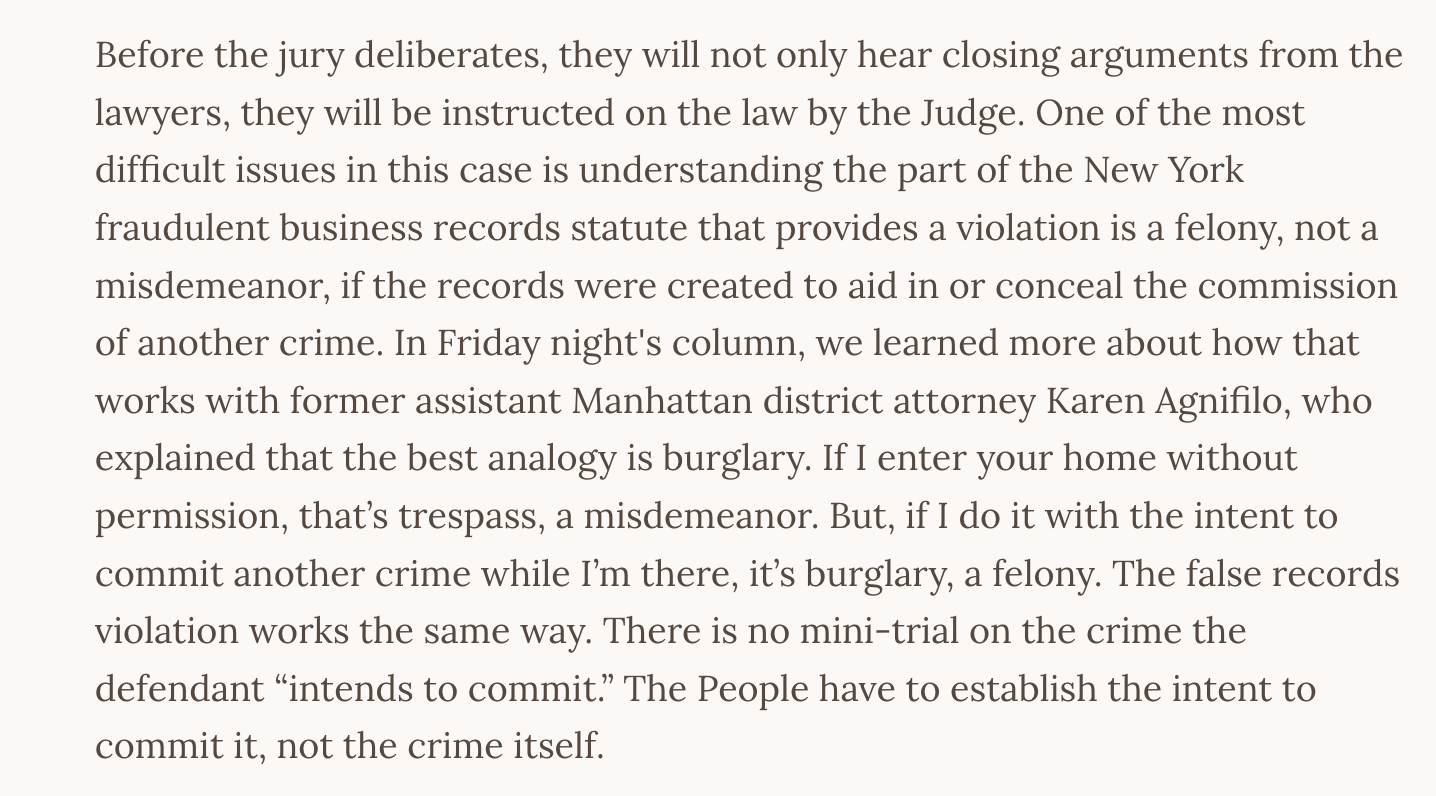
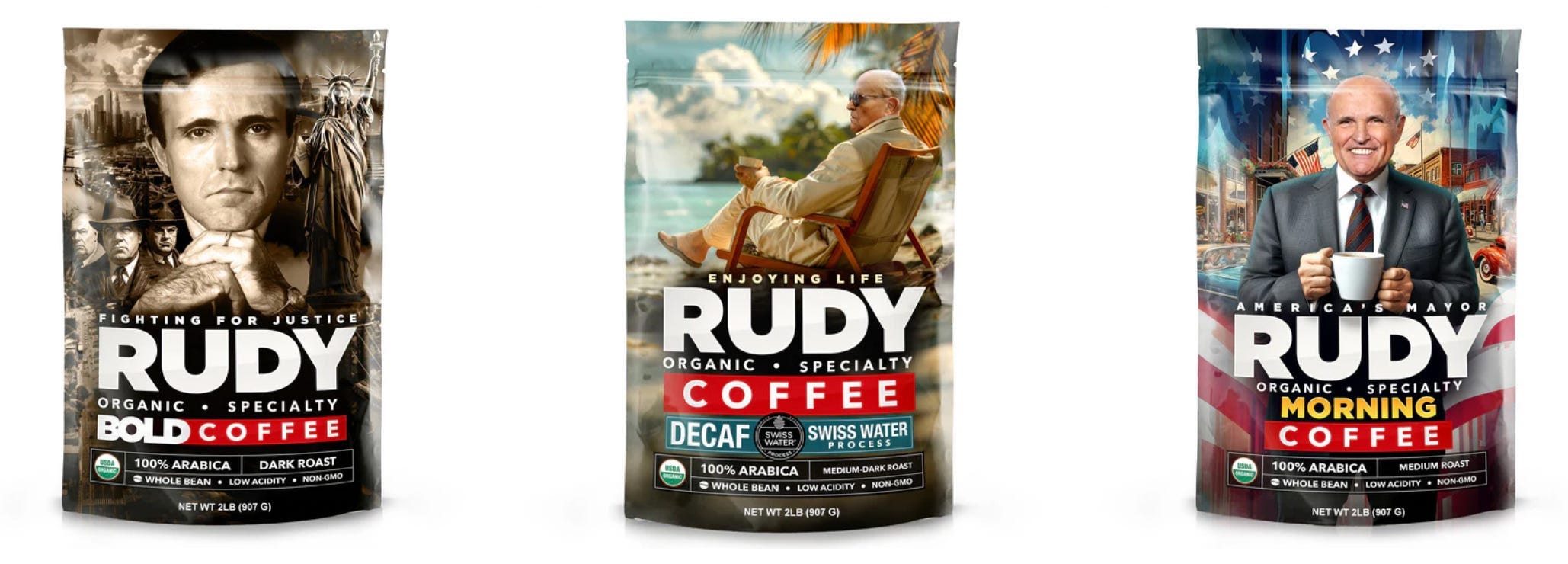
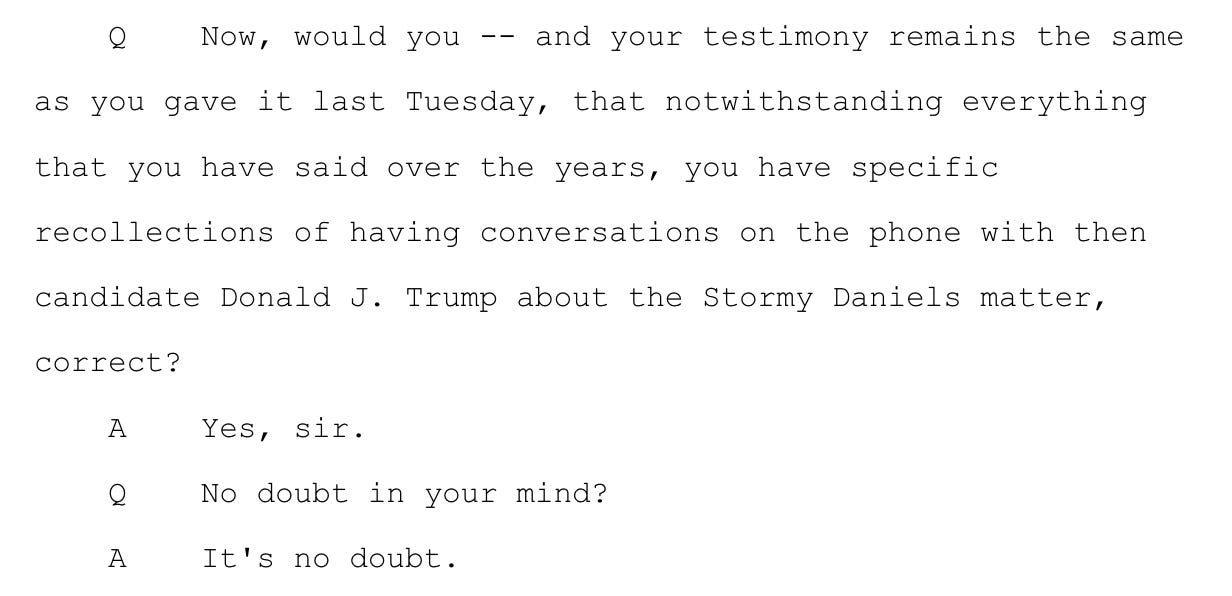
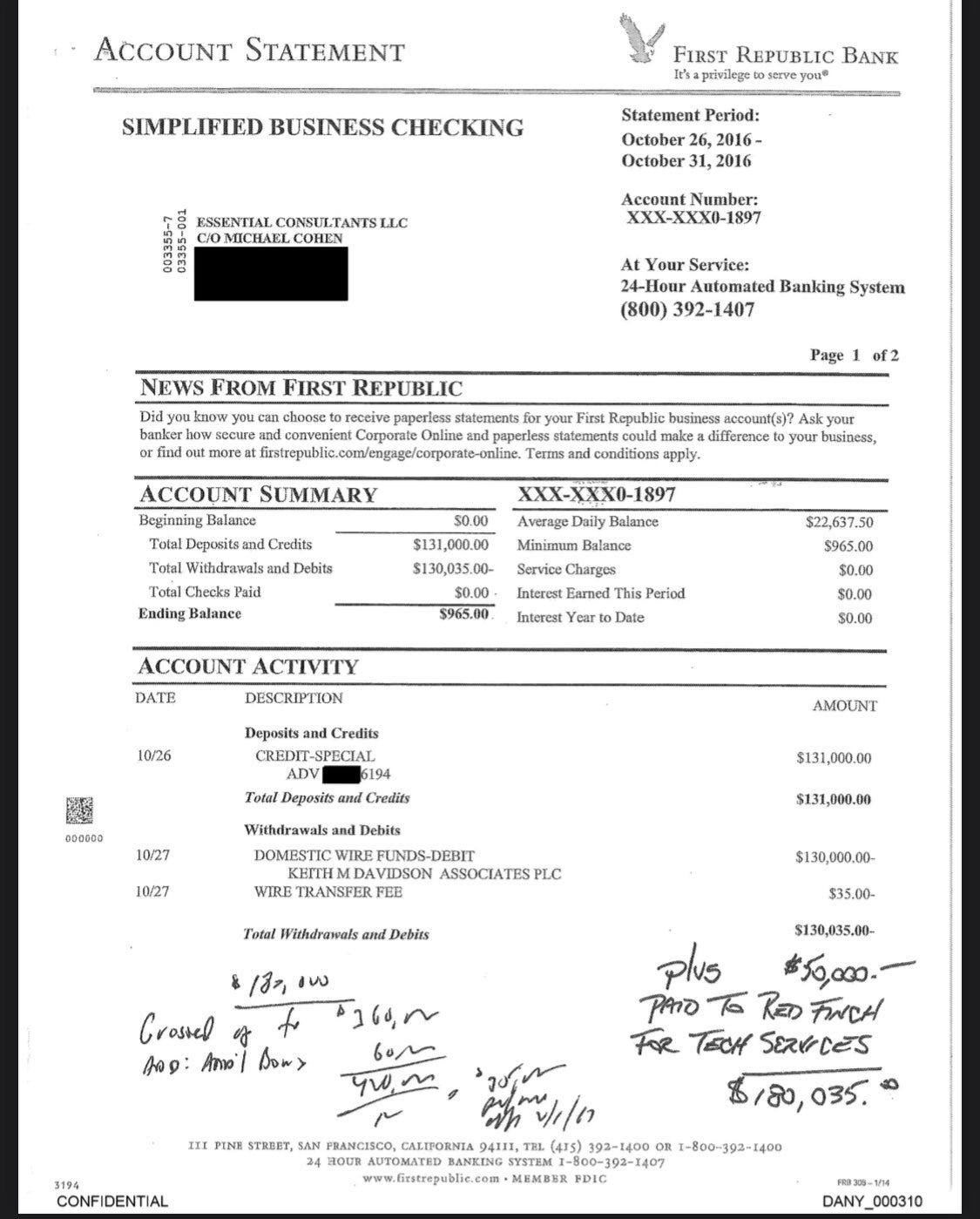
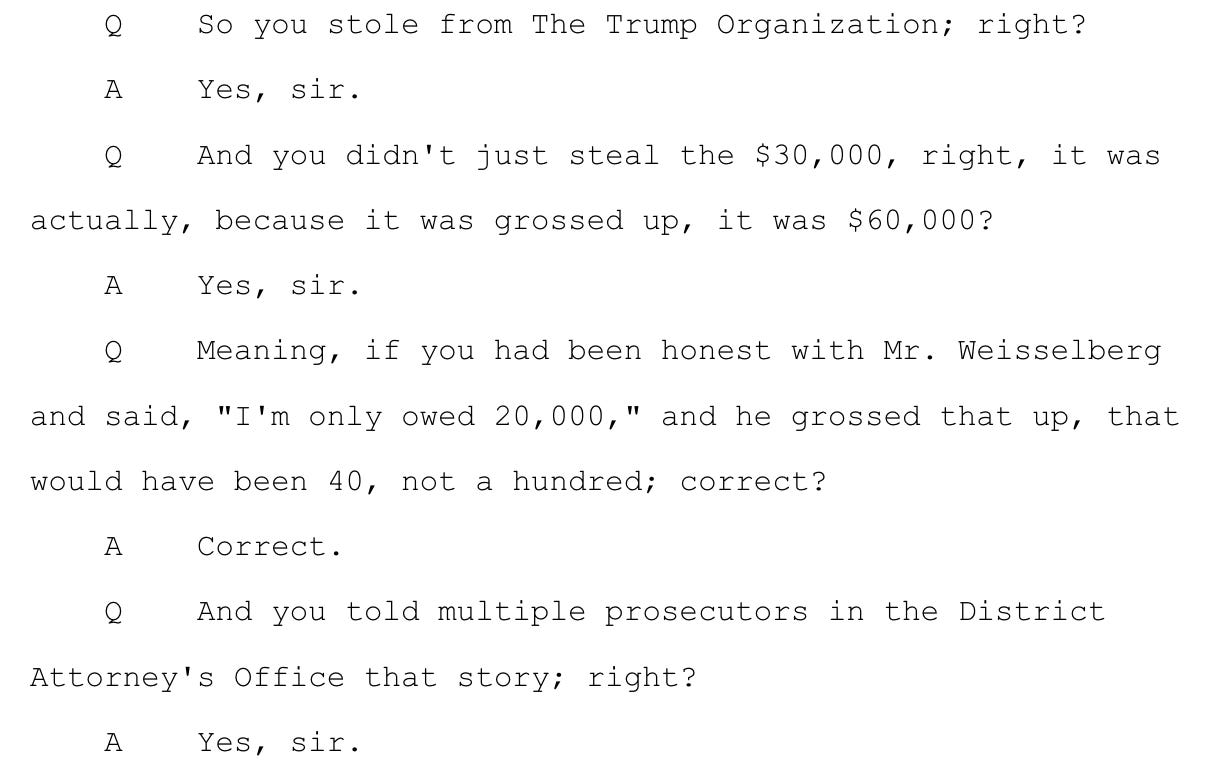
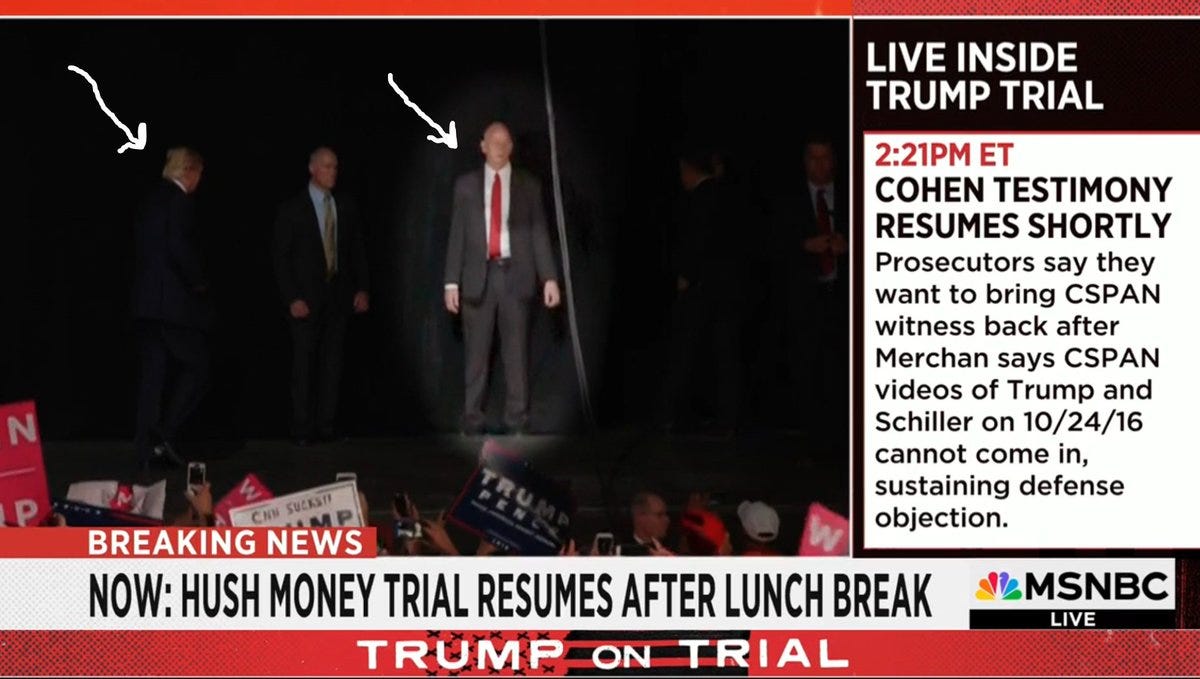

No comments:
Post a Comment
Note: Only a member of this blog may post a comment.